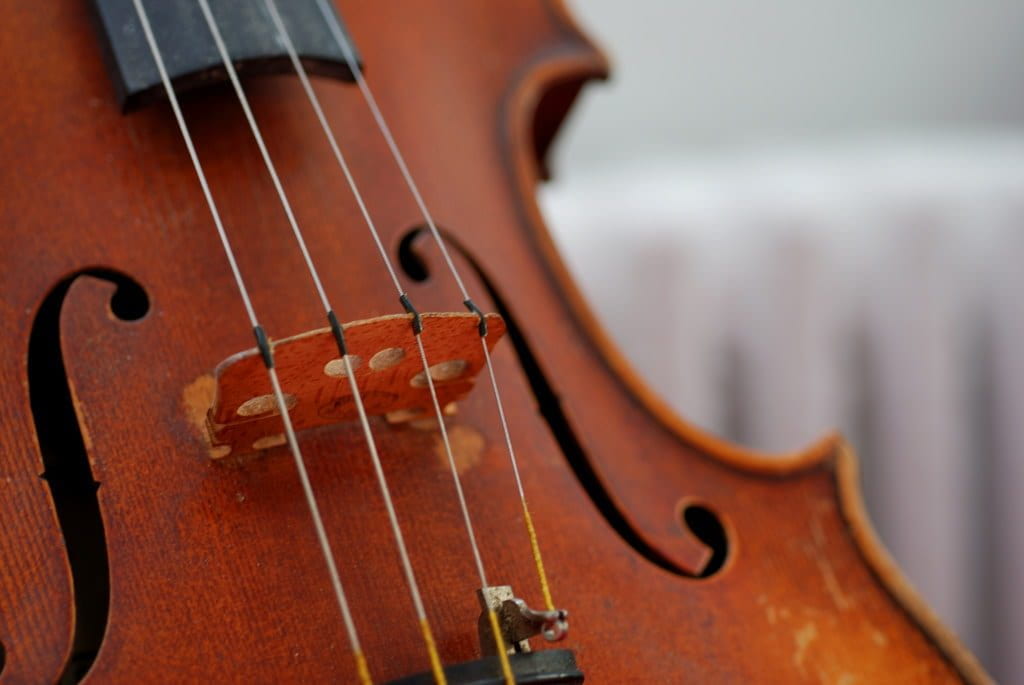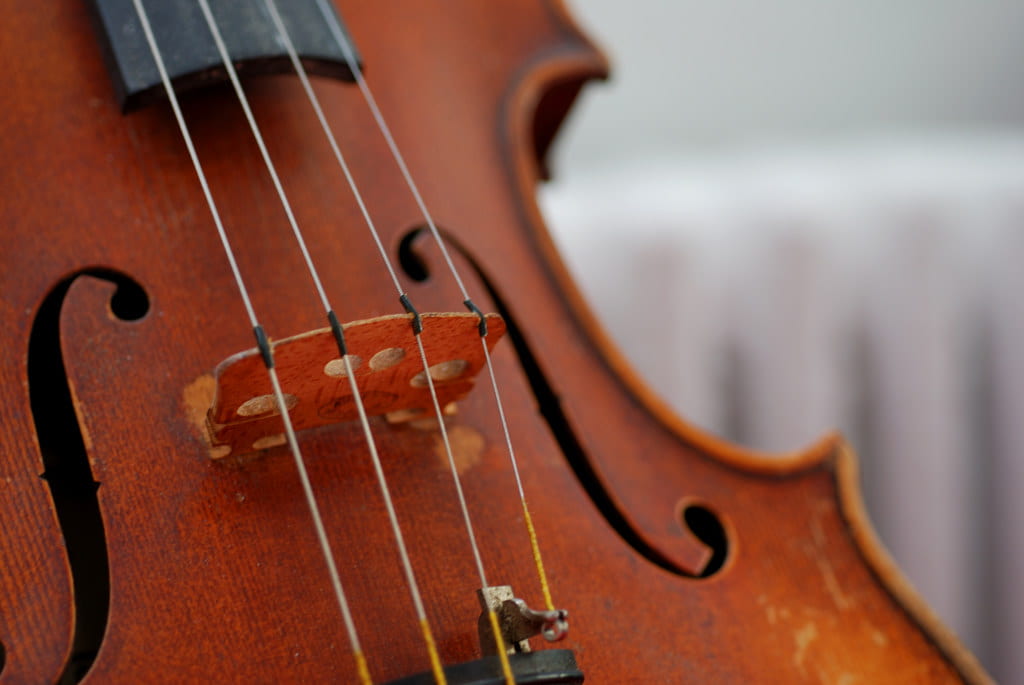
As we reflect today on the 50th anniversary of Dr. Martin Luther King, Jr’s assassination, I am thinking about an older Black man using an edger on the front yard of a house in my neighborhood as I drove home the other day. On any other day, this otherwise seemingly insignificant sighting would not have elicited the shedding of tears. I cried as I silently thanked him for making it to whatever age because he, unlike Tamir Rice, Trayvon Martin, Philando Castile, Alton Sterling, Stephon Clark, and even Dr. Martin Luther King, Jr., had made it. This man has defied the odds, and each time he shows up to complete his landscaping job, he, like so many Black men, continue life despite a snapped “A string”.
In “The Dilemma of Negro America” from his 1967 book, Where Do We Go From Here: Chaos or Community?, Dr. King describes a violinist who, after experiencing a “snapped A string” during a performance, adjusted immediately by transposing the music into a different key, and finished the concert with three strings. King likens the Black community in America to this violinist.
To Dr. King, the predicament of Black America lies in the brutal reality that a significant portion of white America refuses to understand the systemic nature of oppression associated with race.
“There is very little in the life and experience of white America that can compare to the curse this society has put on color. And yet if the present chasm of hostility, fear, and distrust is to be bridged, the white man must begin to walk in the pathways of his black brothers and feel some of the pain and hurt that throb without letup in their daily lives.”
He details the anguish that exists within Black families shattered by physical, emotional, psychological, and structural violence. Violence often perpetuated by a lack of employment opportunities, segregated neighborhoods, a delinquent education system, and the knowledge that “he who starts behind in a race must forever remain behind or run faster than the man in front.” This is the dilemma of Blacks in America generally, but Black men specifically.
The land of the free and home of the brave is not without innuendo and assumption of Black men, regardless of their physicality – unarmed and laying on the ground or standing in their backyard with a cell phone. America remains the land where rumors of liberty and justice for all exist but often fail to live up to that expectation. America is the land where eagerness “to cover misdeeds with a cloak of forgetfulness” abounds, and where there is no easy “escape from the awareness of color and the fact that our society places a qualitative difference on a person of dark skin.” It is this America—the one that perceives group defect and impurity before individuality and personal character, which Dr. King fought valiantly to see, redeemed.
Even with the advancement of the Civil Rights Act of 1964 and Voting Rights Act of 1965, Dr. King acknowledged that being an American who is Black is uncomfortable at times. “It means being a part of the company of the bruised, the battered, the scarred and the defeated… It means being harried by day and haunted by night by a nagging sense of nobodyness and constantly fighting to be saved from the poison of bitterness.” The fight against bitterness occurs when the interstate quarters the neighborhood or when gentrification and revitalization contribute to the “misery generated by the gulf between the affluence he sees in the mass media and the deprivation he experiences in his everyday life.” Additionally, the fight against bitterness wages when mothers and grandmothers, brothers and sisters, and daughters and sons prolong the process of grief to pursue justice, only to have to experience its denial. This is a consistent burden carried by Blacks in America.
The dilemma and predicament of white Americans to counter their “long dalliance with racism and white supremacy” meets with the fivefold charge Dr. King lays out for Black Americans. This charge challenges the “temptation to seek negative and self-destructive solutions” including succumbing to feelings of inferiority, dropping out of school, taking refuge in substances, and resorting to meanness. Here is the charge:
- Develop a rugged sense of somebodyness – “we must develop the courage to confront the negatives of circumstances with the positives of inner determination.”
- Establish a group identity – the kind of consciousness needed to “participate more meaningfully at all levels of life” within the nation
- Make full and constructive use of the freedoms we have – work towards excellence with the understanding that “doors of opportunity are gradually opening” and “all labor that uplifts humanity has dignity and worth”
- Unite around powerful actions that eradicate every vestige of racial injustice – “Structures of evil do not crumble by passively waiting”; therefore, add persistent pressure to your patient plea, or you will end up empty-handed
- Enlarge society as a whole by giving it a new sense of values as aspects of solutions – do not “consider it unpatriotic to raise certain basic questions about our national character” for questions are a reminder of the need for a “radical restructuring of the architecture of American society.”
Dr. King asserts that “a great people—a black people—who bore their burdens of oppression…through tenacity and creative commitment” can inject new life into the veins of America. This new life requires the identification of commonality among all Americans: the power of the vote, a more person-centered economy, a government more dependent upon morality than military, exhorting a passion for peace and an “allegiance to the empire of justice”. From this commonality, King proclaims that the establishment of a new set of values becomes the new normative culture due to the eradication of the three evils: racism, poverty, and militarism.
All Americans are fully equipped to do this.
** For this blog, given that a significant portion of Dr. King’s chapter spoke of Black males, I felt it necessary to give voice to them within this context. Certainly, the message of this blog can extend to the impact of Black women through these many years of struggle. This decision should in no way diminish the leadership roles of Black women within the family and community, or the imbalanced narrative that repeatedly overlooks their contributions and lives. I fully understand the complexity of being Black, female, and American, in the days of Dr. King’s America and that of mine.

